Future factories heading towards ‘lights out manufacturing’
June 9, 2022 6:02 pm
We are also witnessing new technologies evolving in the sectors where we operate, such as transition to e-mobility, adoption of sustainable solutions, and focus on alternative materials.
Vijaykrishnan Venkatesan, MD, Kennametal India said, ongoing digital adoption will enable seamless convergence of flexibility in manufacturing, improvement in productivity and standardization of performance.
Automation is being implemented to increase overall productivity
From a technology standpoint, there is a steadily growing interest in fast, accurate IoT- enabled machines, capable of multitasking, essential for OEMs to build factories of the future. Plus, Augmented Reality / Virtual Reality technologies are being used for efficient running of production lines as well as remote machine commissioning and troubleshooting. Automation is also being implemented to increase overall productivity and limit human intervention and manual errors. We are also witnessing new technologies evolving in the sectors where we operate, such as transition to e-mobility, adoption of sustainable solutions, and focus on alternative materials to improve performance and productivity. At Kennametal, we are constantly keeping ourselves abreast with these trends through new product launches. One way we are innovating for the EV market is, by leveraging the design flexibility of additive manufacturing. Compared to the conventionally manufactured version, our innovative 3D-printed stator bore tool weighs only half of that, while still meeting accuracy, roundness, and surface finish requirements for aluminum motor body boring. This technology, combined with a carbon-fiber-body and our proven RIQ inserts technology enables high productivity and reliability in the production of large diameter, deep bore electric motor housings.
Kennametal products and services
Kennametal is an industrial technology leader in materials science, tooling, and wear-resistant solutions, serving 80,000 plus customers in over 60 countries across the aerospace, earthworks, energy, general engineering, and transportation industries. Kennametal India Limited is Kennametal Inc’s Indian subsidiary located in Bengaluru, with a state-of-the-art manufacturing facility spread over 29 acres, and a 750 plus member strong team, known for producing high quality products that are exported across Europe and Asia. Our metal cutting segment is dedicated to delivering world-class metalworking solutions and services through our two trusted brands: Kennametal and WIDIA. Through these brands, we offer a complete portfolio of precision-engineered products and custom solution services. With an array of milling, turning, hole-making, threading, and tooling systems products, backed by a skilled network of authorised distributor partners and spares support, our customers can find everything they need from one single source.
Our machining solutions group manufactures special purpose machines, tool and cutter grinding machines, as well as fixture and tooling solutions through the WIDMA brand. These high-end, future ready machines help customers in machining the most complex components with precision, right from micro tools to large structural parts for railways and aerospace. Our infrastructure segment is a global market leader in wear solutions, engineered components, earth cutting and construction tools that deliver productivity, reliability, and extended life to a wide range of industries in the harshest environment. We offer expertise in matching our advanced material solutions and technologies to various applications, helping customers solve their biggest wear problems, avoid costly downtime, prevent catastrophic failures, and achieve significant savings.
Manufacturing with Industry 4.0/ 5.0 to optimize production
The ongoing digital adoption will enable seamless convergence of three aspects, namely- flexibility in manufacturing, improvement in productivity and standardization of performance, i.e., consistent reliability of output so that all elements of the value chain fall into place to optimize production.Many OEMs are currently working on smart factories, where all their machines are interconnected in a bid to improve efficiency and enhance flexibility. This would result in production schedules being nimbler, yield better quality and faster response time to market needs, owing to more closely integrated operations. There would also be some shift from standardized production to customized production with minimal impact on the productivity levels, as production lines would be more flexible. Many decisions would be made by the software, through powerful algorithms with machine learning capabilities, managing the inventory to optimum levels with an integrated supply chain. The time from order to delivery for their products would be reduced with the modernization of shop floors, which would be equipped with these interconnected machines. To enable this, machines are being integrated with appropriate sensors and the controls,which would make available all the data regarding machine performance – be it the machine uptime, production data, and Overall Equipment Effectiveness (OEE).It would also be able to provide predictive maintenance data such as pressure/ flow level data for the coolant/ hydraulics/ pneumatics, vibrations on the spindle and tools, etc.
Smart factories evolving with AR and autonomous robotics implementation
The future of factories is heading towards ‘lights out manufacturing’, i.e., implementation of automation and production centered on limited human intervention, with the aim of minimizing manual errors, as well as bringing about more consistency in production. For eg., robots and ‘cobots’ are increasingly being used for machine tending applications and the shop floor is visualized by the supervisor through AR with a virtual visit to the machine lines—this is helpful as a diagnostic tool in case of any machine malfunction for efficient troubleshooting.
Can PLI help raise manufacturing output to support export demand?
Eventually, yes. Since the aim of the incentive is to support domestic manufacturing and increase output and productivity, it is definitely feasible to increase production to a level that would expand the quantum of exports from India over the long term.
Kennametal’s metalworking tools growth
India’s economy is growing rapidly. It is currently at $2.8 trillion and projected to grow to $5 trillion by 2030, despite the pandemic impact for around 2.5 years. With a promising outlook for our end segment such as automotive, general engineering, aerospace, and infrastructure, supported by government’s focus on local manufacturing, the tooling market is expected to witness a proportionate growth. The gradual shift in focus towards aluminum machining, CFRP, usage of more non-conventional materials, additive manufacturing, etc., will propel the demand for cutting edge technologies in the machining space. Plus, manufacturers will seek out higher levels of sophistication, with an emphasis on finishing, achieving tighter tolerances, etc. With our state-ofthe-art manufacturing facility in India, sales and service expanding footprint across the country enabling us to stay close to our customers, and our constant focus on innovation to create products that enhance customer value, we are poised to leverage growth opportunities in the future.
Cookie Consent
We use cookies to personalize your experience. By continuing to visit this website you agree to our Terms & Conditions, Privacy Policy and Cookie Policy.



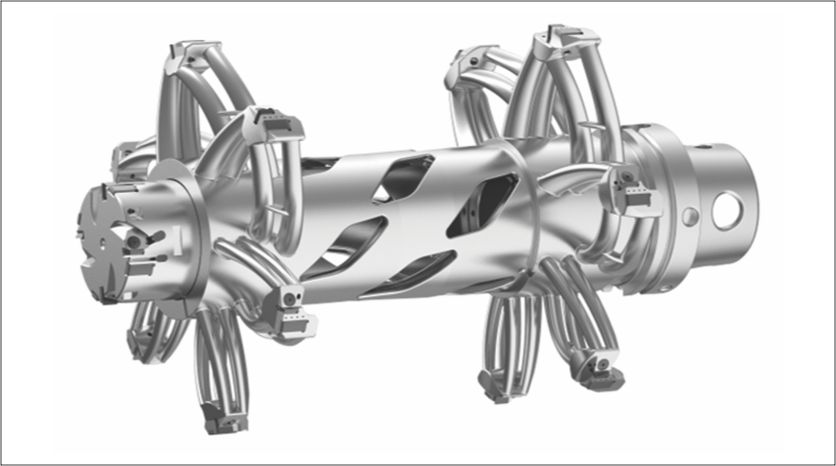
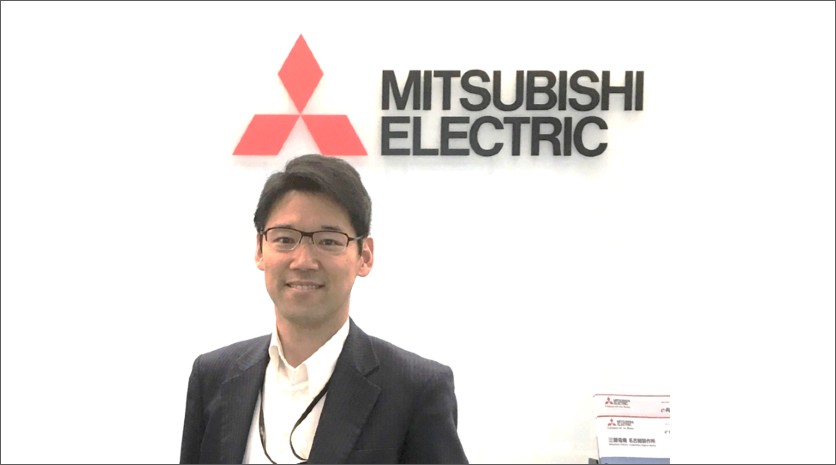
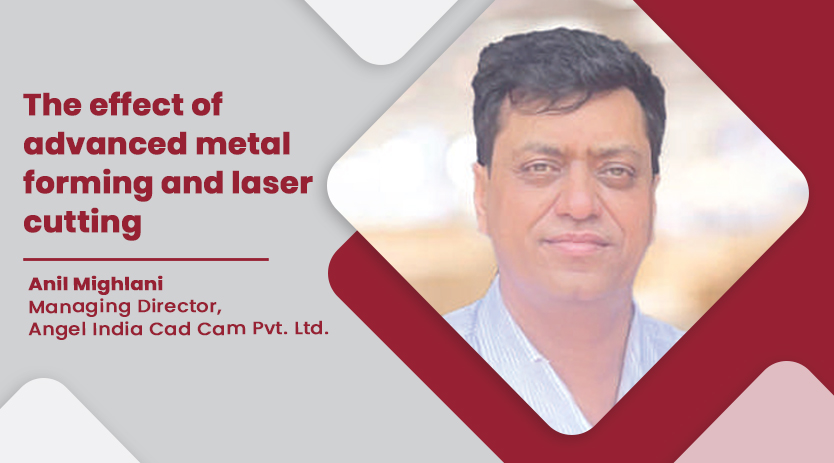

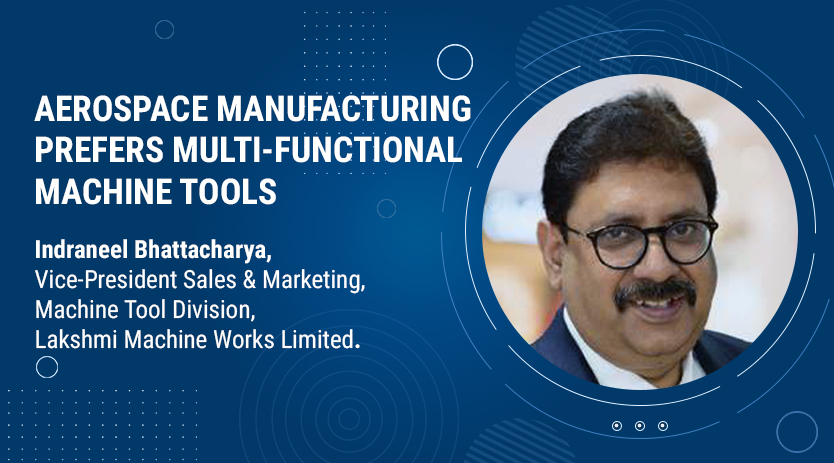

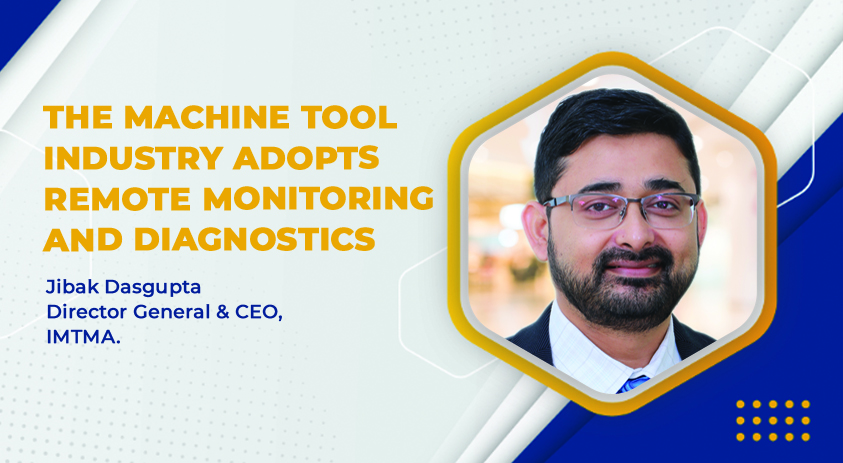









 English
English Hindi
Hindi